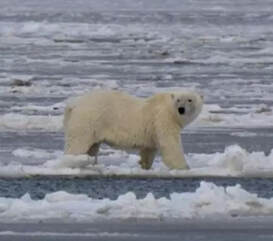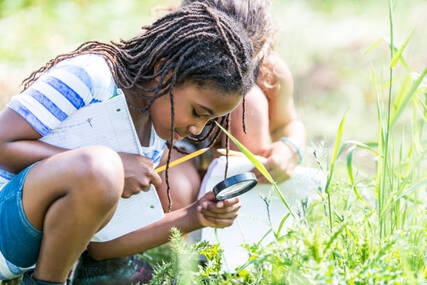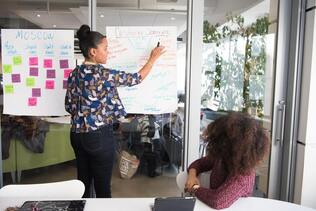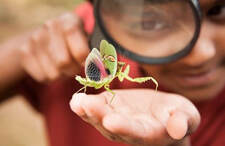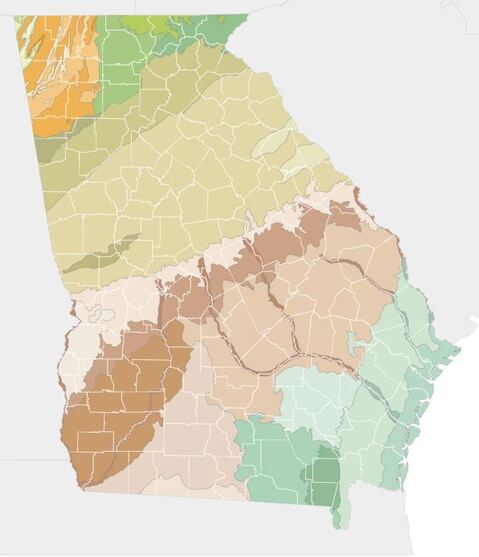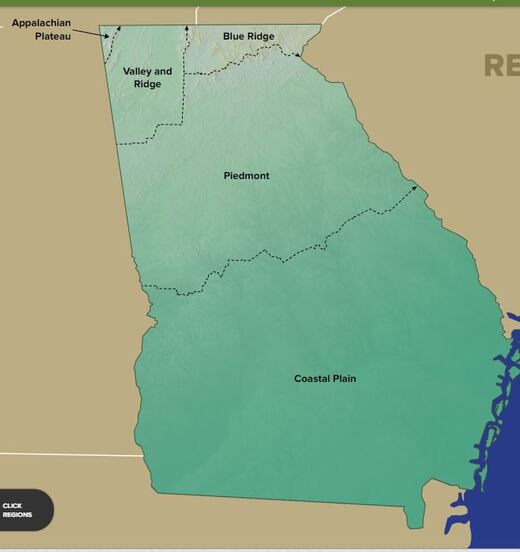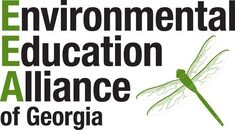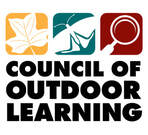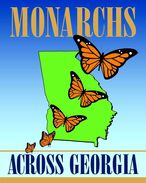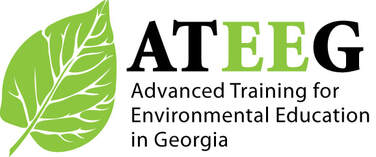Environmental Education Alliance of Georgia
- Our Story
- Our Team
- Our Events
-
Our Resources
- Wildlife Viewing
- Earth Month Activities
- Garden-based Learning
- EcoEngineering Challenges
- Community (Citizen) Science
- Phenomenon-Based Learning
- Problem-Based Learning
- Place-Based Learning
- Project-Based Learning
- Teaching about Climate Change
- Teaching about EJ
- Zero Waste Heroes
- SAGES Project
- Virtual EE Resources
- Environmental Clubs
- Evaluation and Assessment
-
Our Work
- Our News
- Our Impact
- JOIN or GIVE
- Member Portal
- Contact Us
- Outdoor Learning Store
- PassTick2023-4
- Annual Report
- New Page
- Past 2022 EEA Conference
- Past EEA Board 2021-22
- Past 2022 conferenceoverview
- Non-clickable Page
- New Page
- EEA Guest Blog
- Our Story
- Our Team
- Our Events
-
Our Resources
- Wildlife Viewing
- Earth Month Activities
- Garden-based Learning
- EcoEngineering Challenges
- Community (Citizen) Science
- Phenomenon-Based Learning
- Problem-Based Learning
- Place-Based Learning
- Project-Based Learning
- Teaching about Climate Change
- Teaching about EJ
- Zero Waste Heroes
- SAGES Project
- Virtual EE Resources
- Environmental Clubs
- Evaluation and Assessment
-
Our Work
- Our News
- Our Impact
- JOIN or GIVE
- Member Portal
- Contact Us
- Outdoor Learning Store
- PassTick2023-4
- Annual Report
- New Page
- Past 2022 EEA Conference
- Past EEA Board 2021-22
- Past 2022 conferenceoverview
- Non-clickable Page
- New Page
- EEA Guest Blog
EEA RESOURCES
What is Place-Based Learning?
Place-based learning is local. It connects classrooms with communities; replaces generic or faraway scenarios with specific and immediate ones; provides often opportunities to directly observe phenomena; and almost always improves students' abilities to make real-world connections. From climate change to endangered species, the focus of place-based learning is on thinking locally before globally. The value of this approach is increased relevance, engagement and curiosity.
Getting Started with Place-based Learning through 3 Easy "Swaps"
Here are some simple strategies for converting a traditional lesson to place-based learning . . .
|
1. Swap distant examples of concepts or core ideas for equivalent, local examples. For example, instead of teaching about climate change by exploring iconic polar bears stranded on melting ice floes, consider letting children learn how Georgia birds are being affected by climate change.
|
2. Swap reading about science for doing science. Engage kids in investigating nature in the schoolyard to provide context, increase relevance, and spark curiosity. For example, instead of reading about plants dispersing seeds, let kids engineer models that mimic the seed dispersal methods they observe.
|
3. Swap generic kids, scientists, and stakeholders in faraway places for local people who reflect your community. For example, consider teaching science and engineering concepts through the eyes of southern innovators and scientists, including Dr. J. Drew Lanham, or feature local experts from your community.
|
Models of Place-based Learning
|
Place-based learning models range from classroom activities featuring landscapes, species, and culture from the area where students live, to outdoor experiences that immerse children in nature, and hybrid indoor / outdoor learning.
What they all have in common is a focus on local examples and experiences to provide relevance and engagement. Check out these varied approaches to place-based learning for inspiration and guidance. |
Translating Research into Practice
Dr. Louise Chawla's seminal research on place-based learning explores adults who actively care for the natural world in terms of the childhood experiences that shaped them. She also delves into the way in which graduated outdoor challenges can increase children's environmental knowledge and competence, so they become more capable and confident of their abilities to make a difference in the world. “When children have satisfying experiences in the world nearby, they are motivated to explore further; and with each feature of the environment that they come to understand and each challenge that they overcome, they build greater levels of environmental knowledge and personal competence.”
Place-based Teaching Resources for Georgia
These links to Georgia-specific resources can provide place-based context and relevance for Georgia students:
|
Click for Interactive Map of Plants of Georgia's EcoRegions
|
Click for Interactive GPB Map Introducing GA EcoRegions
|
Explore the Other "PBL"s
|
Environmental Education Alliance, Inc.
P.O. Box 801066 | Acworth, GA 30101 EEA does not does not discriminate on the basis of race, color, national origin, sex, age, or disability in its program , activities, or employment. For more information on EEA's non-discrimination commitment click here . Grievance officer may be contacted at [email protected] |
Proudly powered by Weebly
|
